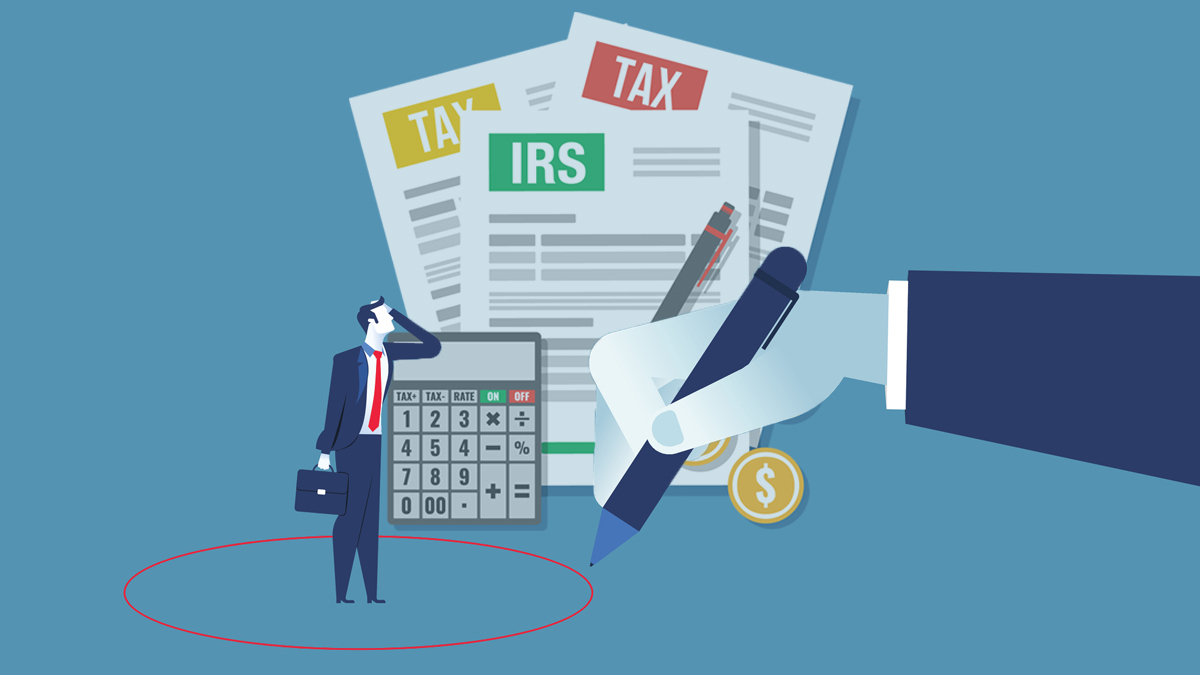Sharon Block writes that after Loper Bright, there remain many questions about how the courts will treat the discretionary rulemaking authority of the National Labor Relations Board to protect workers’ right to choose to join unions and act collectively. While precedent suggests the NLRB could retain most of its power to issue and enforce rules, the recent history of a Supreme Court that has shown little favor toward workers or government intervention suggests a narrower reading of the NLRB...| ProMarket
Blaine Saito writes that the end to the Chevron deference doctrine could lead to a return to the National Muffler standard that grants judicial deference to long-standing agency rules and rules promulgated contemporaneously with Congressional statute. This may mean that the courts overturn newer taxation rules, though the Internal Revenue Code provides explicit discretionary rulemaking power to the Treasury and Internal Revenue Service, which should further limit Loper Bright’s impact on th...| ProMarket
ProMarket is the publication of the George J. Stigler Center for the Study of the Economy and the State at the University of Chicago Booth School of Business. ProMarket is an academic forum focused on topics of special interest capture, antitrust, political economy, and the future of capitalism. Economists have become increasingly technical and specialized, […]| ProMarket



